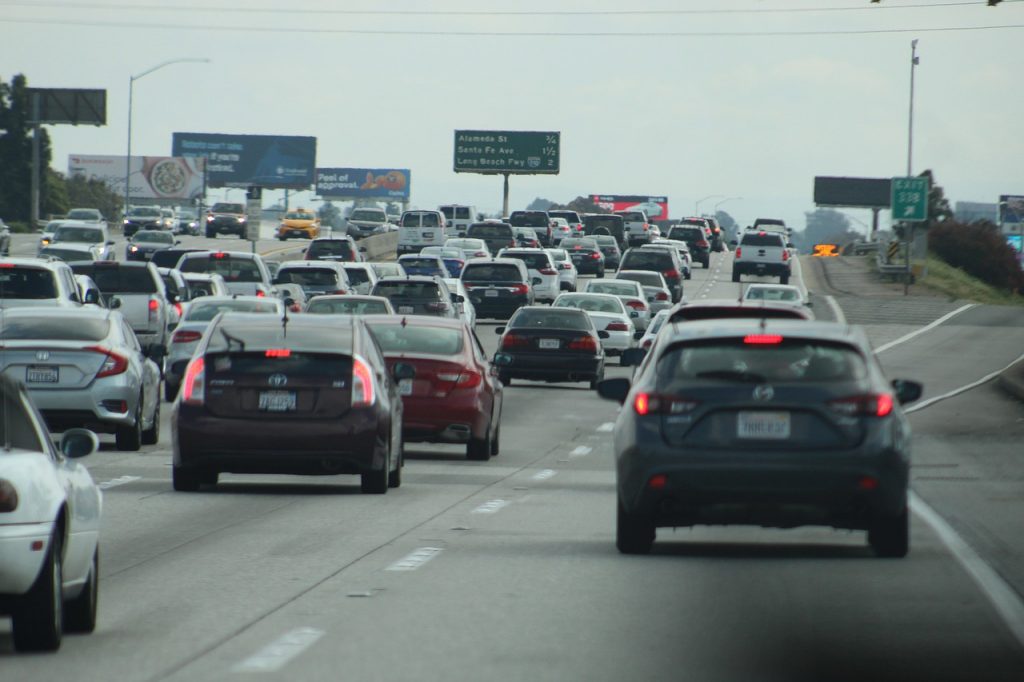The Big Benefit Of Commuting To Work
The one big benefit that commuting to work provides is a space to both prepare for the day ahead and decompress on the way home.

Three years ago all of our working habits and environments were turned upside down when Covid-19 placed the entire world in lockdown. Within days businesses that had zero infrastructure built to operate their daily tasks and activities from their employee’s homes started coming up with possible solutions to keep the company’s wheels moving while not having to leave the comfort of their own home. There were a few things we lost in the transition to working from home like office banter, general socialization, and commuting to work, which we have learned have some great benefits to them.
It was a dream come true for many of us who yearned to have the freedom to get our jobs done without our boss literally breathing down our necks and hovering over our cubicles like a vulture circling its next meal. We also found out how effective we could be at our jobs when we are allowed to focus on them without the hundreds of office distractions that pop up every minute or so. As they always say, when you have a list of pros there is also a list of cons, and at the top of that list were the lines being blurred between office work and personal time since both were occurring in the same structure.
Studies have shown that commuting to and from work provides people with decompression time where they can recover from the mental energy they exerted throughout the day and begin to mentally switch gears for their role at home with their families. According to NPR, “During the shift to remote work, many people lost this built-in support for these important daily processes.” The average American commutes 26 minutes each way, and that gives people on average an hour a day being in transit.
Prior to the pandemic most of us viewed this trip as a waste of time when they could be doing more important things, but they are trapped in this car dealing with all the people that don’t know how to drive. I know I felt that way often when I was commuting to and from work. However, I was a salaried employee, and at some point, the task of driving home would make me say that’s enough for today and leave the office to go home.
NPR also wrote, “Without the ability to mentally shift gears, people experience role blurring, which can lead to stress. Without mentally disengaging from work, people can experience burnout.” Going back to my prior example of deciding to leave work at the end of the day. Early on in my work-from-home experience, I would be working away at my desk in my bedroom, and my wife would come in and say, “How are you doing?” I would respond, “is it dinner time?” She would then inform me that its 11 at night and she was ready to go to bed.
In a recently published conceptual study, it was argued that commuting to work is a source of what is termed “liminal space.” It’s defined as a time when you are free from both home responsibilities and your work role. In the study, they examined 80 university employees and their commutes to work to test their conceptual model. The employees completed morning and afternoon surveys after each one-way transit.
The results showed that a large majority of the employees did use the liminal space to recover from their workday and begin the transition to their at-home roles. In fact, on days that the commute took longer than the trip’s normal time to complete, the employees experienced even higher levels of psychological detachment from their jobs and were more relaxed when they did get home. The opposite can be said on days when they experienced stress on the drive home whether it was caused by excessive traffic or irritation with other drivers on those days the employees did not reap the recovery benefits from the commute.
The study suggests using the time by listening to your favorite music or podcast, calling a friend, or doing anything personally fulfilling that doesn’t take your focus off the road. If you do not have a commute because you are working from home, they suggest starting and ending your workday with a 15-minute walk to clear your mind and reap some of those rewards all the office-bound workers are getting each day. That restorative process will do wonders in keeping you both focused while working and in a great mood to handle your home responsibilities after you finish your workday.











